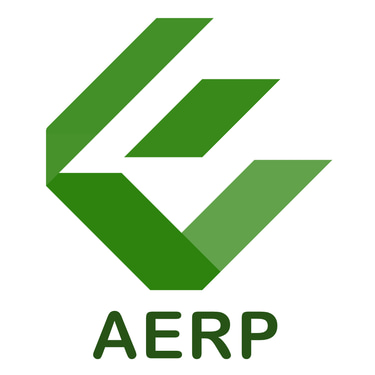
Project Engineer
A Project Engineer is a professional responsible for planning, managing, and executing engineering projects to achieve specific goals and objectives. Project Engineers play a pivotal role in coordinating various aspects of a project, from design and development to implementation and completion. Project Engineers work in a variety of industries, including construction, manufacturing, engineering consulting, technology, and more. They act as the bridge between project management, engineering, and technical teams, ensuring that projects are completed successfully, on time, and within budget while meeting the desired quality standards.
Project Planning: Developing detailed project plans, including scope, timeline, budget, resources, and milestones. Identifying project objectives and deliverables.
Project Management: Managing the execution of project tasks, ensuring that work is being carried out according to the project plan and quality standards. Managing project budgets, tracking expenses, and ensuring that costs remain within approved limits. Assigning tasks and responsibilities to project team members. Ensuring that the team has the necessary resources and skills to complete the project. Monitoring project progress, tracking milestones, and identifying any deviations from the plan. Taking corrective actions as needed.
Risk Assessment: Identifying potential risks and challenges that could impact project success. Developing strategies to mitigate and manage these risks.
Communication: Facilitating communication among project stakeholders, team members, clients, and management to ensure everyone is informed about project progress and changes. Collaborating with vendors, suppliers, and contractors to ensure timely delivery of materials and services required for the project. Interacting with clients to provide updates, address concerns, and ensure that client expectations are met.
Design and Development: Overseeing the design and development phases of the project, ensuring that design specifications are met and any necessary modifications are implemented.
Documentation: Maintaining accurate and up-to-date project documentation, including project schedules, reports, budgets, and meeting minutes.
Change Management: Managing changes to project scope, requirements, or timeline and assessing their potential impact on the project.
Quality Assurance: Ensuring that project deliverables meet quality standards and match the client's requirements. Ensuring that all project activities are carried out in compliance with health and safety regulations.
Project Closure: Ensuring a smooth project closure by completing all necessary documentation, conducting final inspections, and handing off deliverables to the client.
keys Roles and Responsibility






Software Skills
MS Project - Getting Started
Autodesk Inventor - Expert in Mechanical Design
Creo - Expert in Mechanical Design
NX - Expert in Mechanical Design
Solidworks - Expert in Mechanical Design
Technical Skills
GD&T , Tolerance stack ups and Dimensional Variation Analysis
Design For Manufacturability and Assembly (DFM/DFA)
Design for the Six Sigma
Fundamental of New Product Development
Fundamental of New Product Introduction
Fundamentals of Failure Modes and Effects Analysis
Fundamentals of 8D Problem Solving
Certification
PMI - Project Management Professional
PMI - Risk Management Professional
